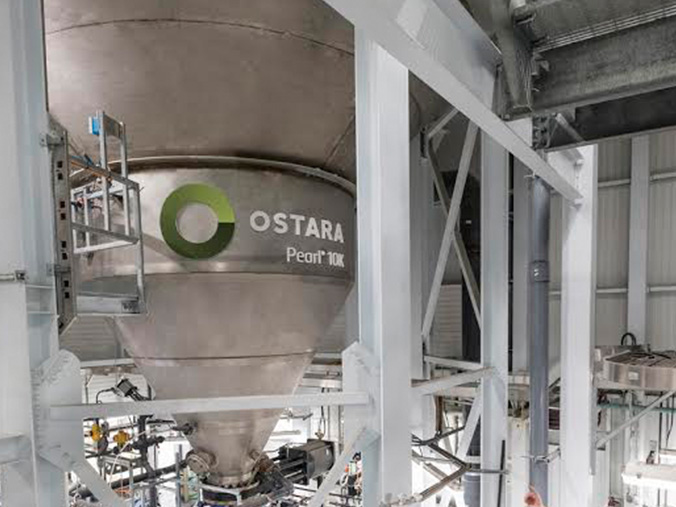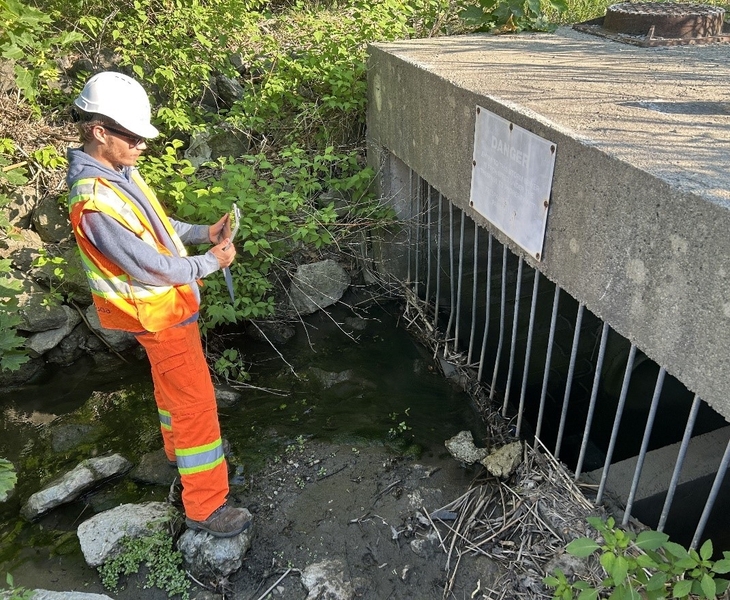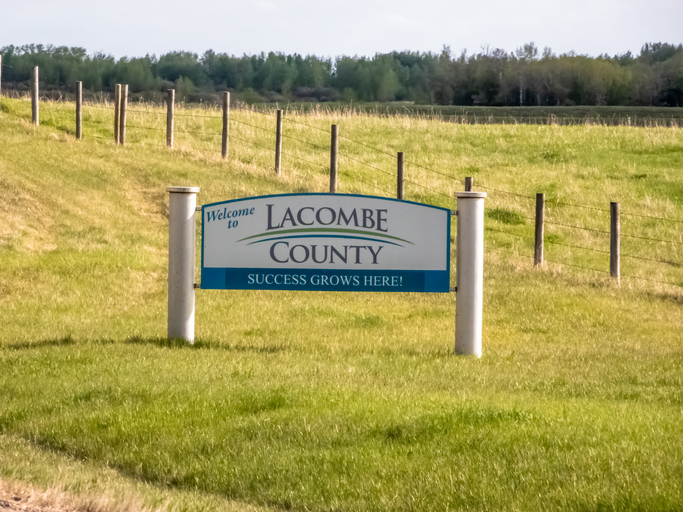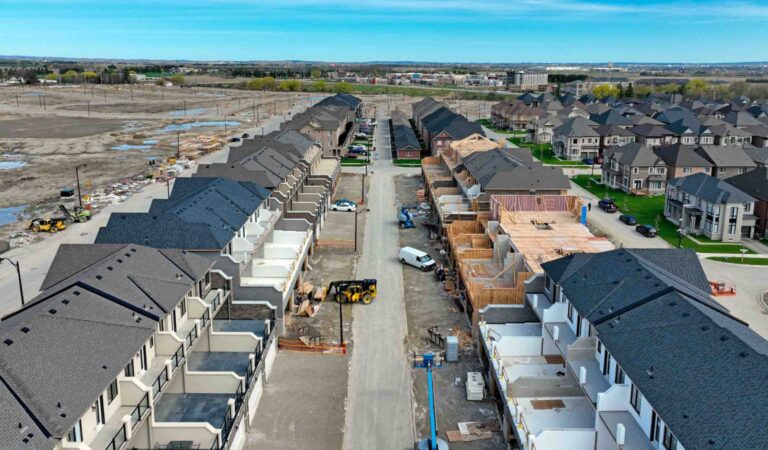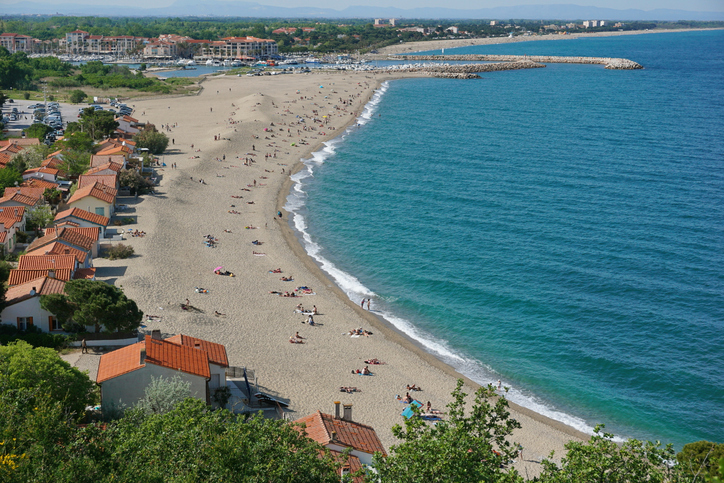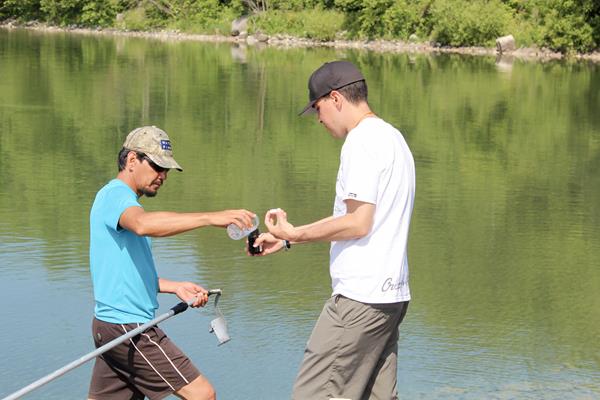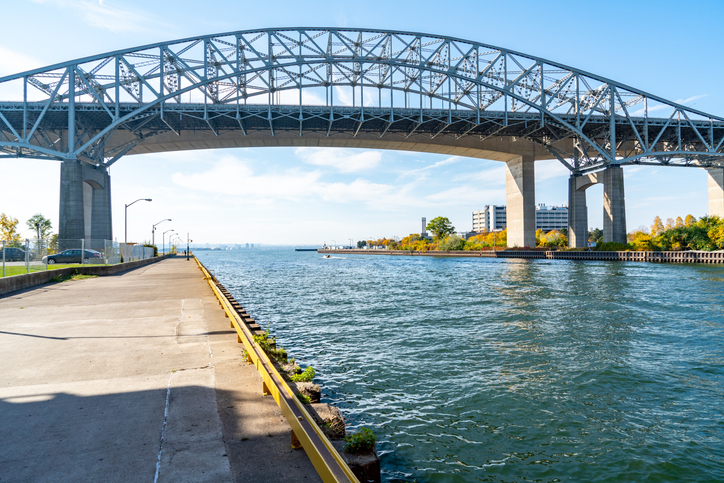Ostara has announced two new projects, providing a nutrient recovery system to the City of St. Cloud, Minnesota, and a Nutrient Recovery Facility in Tel Aviv, Israel.
Shafdan Wastewater Treatment Plant serves a population equivalent of more than 2.5 million people in the greater Tel Aviv metropolitan area. The plant’s method of using natural sand filtration to create reuse quality effluent water is one of only 30 projects in the world chosen by the United Nations to showcase the ability of local authorities to pro-actively deal with environmental problems. Once operational, the Ostara process will remove nutrients from Shafdan’s wastewater stream and recover them to produce a high-value, continuous release fertiliser. This will be a key part of a current plant expansion project to recover more water and energy resources at the Shafdan facility.
“We are very excited to partner with Ostara to solve our nutrient removal issues,” said Yuval Sela, chief engineer for the Shafdan facility. “As nearly 100 per cent of our treatment water is recycled for irrigation, the Ostara process will be key to preventing phosphorus from internally recirculating within the plant, causing operational issues, as well as supporting the plant’s innovative water recycling program.”
St. Cloud has selected Vancouver-based Ostara to install a nutrient recovery system at their Wastewater Treatment Facility as part of the city’s Nutrient Recovery and Reuse (NR2) Project. The $22-million project was partially funded through a $6.6-million Point Source Implementation Grant made possible by the Minnesota Clean Water Legacy Act.
“Ostara’s technology is a key part of the entire NR2 project and illustrates how St. Cloud is leading the way in sustainability in Minnesota with the implementation of innovative and cost effective technology,” said Patrick Shea, public services director for the City of St. Cloud. “We are excited to see this project begin construction, and are anticipating its completion as early as Spring 2019.”
The NR2 Project also includes installation of biofuel storage to help optimize the fuel produced for the biofuel generator and reduce energy costs and biosolids reuse, which involves expanding the treatment process to produce Class A Biosolids through the Lystek process.
“We are extremely proud to be part of this project,” said Dan Parmar, CEO of Ostara. “In addition to helping protect sensitive waterways, such as the Mississippi River from an over-abundance of phosphorus, our technology will provide sustainably produced and locally made enhanced crop nutrition to farms in the area.”

